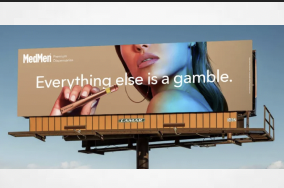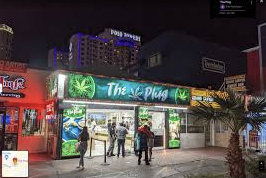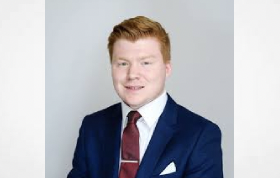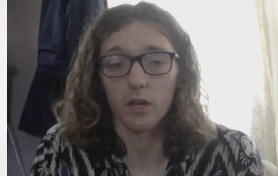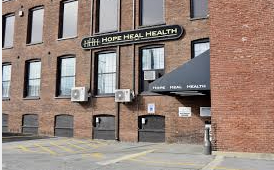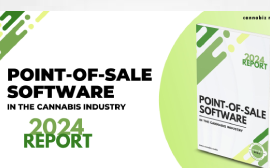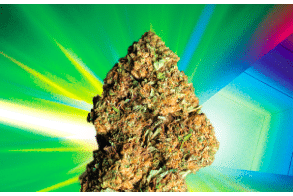Here’s their introduction. There isn’t much writing at all on Brazilian policy issues regarding cannabis so this is well worth spending some time with.
The year 2021 began with heavy regret in the marijuana scene in Brazil, with the news of the death of Priest Antônio Luiz Madchioni, affectionately known as “Padre Ticão.” His strong religious and social leadership gained prominence in the Parish of São Francisco de Assis, located in Ermelino Matarazzo, in the east side of São Paulo. Since 1982, the priest had been working on defending the poorest population and seeking to reduce social inequalities, having been engaged, in recent years, in defending the use of marijuana. This vanguard positioning was motivated by a shortage envisioned in the Catholic Church in facing the needs of the present times, especially with regard to actions to improve the quality of life and dignity of the population.
In fact, the use of marijuana in Brazil was disseminated, mainly, by the enslaved.
In fact, the use of marijuana in Brazil was disseminated, mainly, by the enslaved. Its prohibition was strongly marked by racism and functioned as a persecutor of cultures, customs, and traditions that originated in Africa, arising a few decades after the abolition of slavery (1888). In this way, it was possible to continue the practices of segregation and social exclusion established in the country since colonialism. The dominant white elite was then able to perpetuate its power, maintaining hegemony over the less favored classes under the pretext of the War on Drugs.
In this case, there was a question about healing practices that did not conform to the guidelines of the emerging pharmaceutical market, which ended up establishing an authority for what would be considered as the most legitimate medicine: Western medical science
Renato Malcher-Lopes and Sidarta Ribeiro (2019) point out that, to some extent, it was common for healers to prescribe marijuana to cure various types of diseases. By the twentieth century, however, a new medical-scientific class was consolidated in Brazil, whose influences on society were decisive for the criminalization of the herb. In this case, there was a question about healing practices that did not conform to the guidelines of the emerging pharmaceutical market, which ended up establishing an authority for what would be considered as the most legitimate medicine: Western medical science (Vargas, 2008). Gradually, then, the so-called “popular medicine” was being despised, under a moralistic perspective that supported laws criminalizing the use of certain drugs in society.
Read the full article at https://chacruna.net/marijuana_diversity_decriminalization/?mc_cid=79131f3a5d&mc_eid=97f9df24b6


